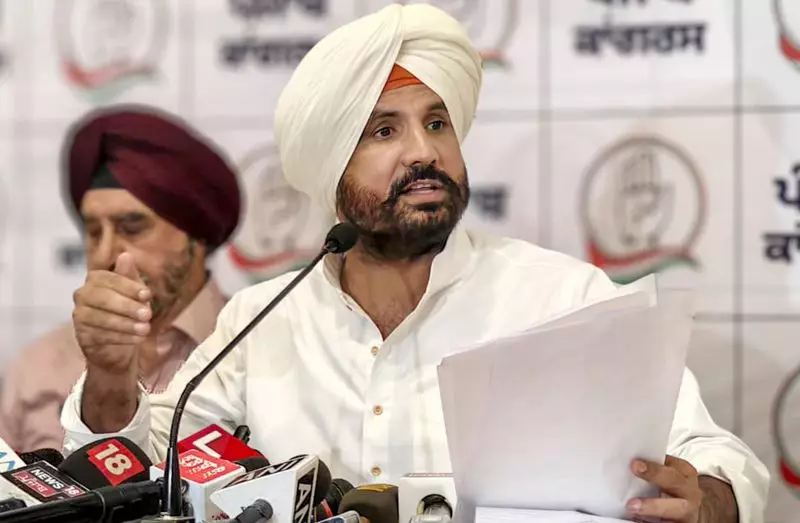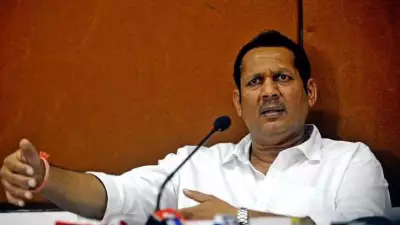
The Punjab Congress has raised serious concerns about a proposed bill that could alter the administrative control of Chandigarh, demanding immediate clarification from the Central government. This development has created significant political tension in the region as stakeholders await official statements.
Political Leaders Voice Concerns
Senior Congress leaders from Punjab have formally approached the Central government seeking detailed explanations about the rumored legislation. Chandigarh Member of Parliament Manish Tewari has been particularly vocal about the need for transparency regarding any proposed changes to the city's administrative structure.
The political leadership emphasizes that Chandigarh's unique status as a shared capital between Punjab and Haryana makes any administrative changes particularly sensitive. They argue that such significant decisions require thorough discussion and consensus among all stakeholders before implementation.
Historical Context and Current Apprehensions
Chandigarh has historically functioned as the joint capital of both Punjab and Haryana since the reorganization of states in 1966. This arrangement has been a cornerstone of regional administration for decades, making any potential changes to this system politically significant.
Congress leaders have expressed apprehension that the proposed bill might centralize control over Chandigarh's administration, potentially undermining the existing power-sharing mechanism between the two states. They stress that any alteration to the current administrative framework could have far-reaching consequences for both states' governance structures.
Demand for Transparency and Consultation
The Punjab Congress unit has made it clear that they expect complete transparency from the Central government regarding the proposed legislation. They have demanded that the bill's contents be made public and that proper consultation processes be followed with all affected parties.
Political observers note that this development comes at a crucial time when state-center relations are already under scrutiny. The Congress party's strong stance reflects their commitment to protecting Punjab's interests in any administrative rearrangements concerning Chandigarh.
The leaders have warned that unilateral decisions without proper consultation could lead to political confrontation and legal challenges. They have urged the Central government to follow established democratic processes and maintain the delicate balance of power in the region.
As the situation develops, all eyes remain on the Central government's response to these demands for clarification. The outcome of this political standoff could significantly influence the future administrative landscape of Chandigarh and its relationship with both Punjab and Haryana.





